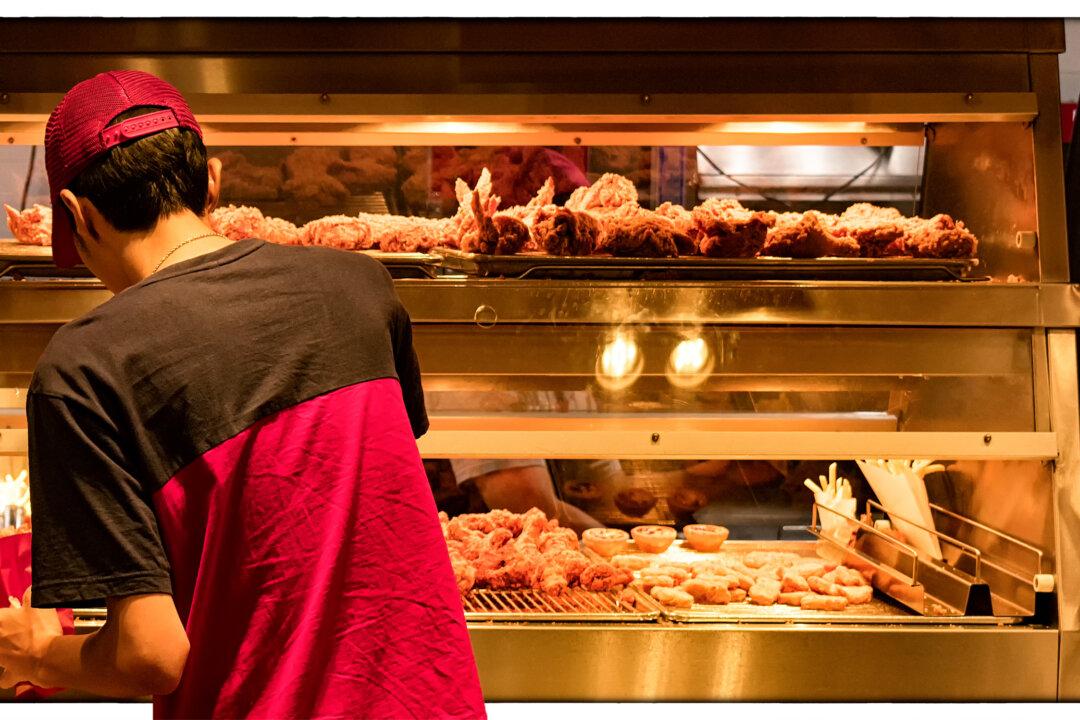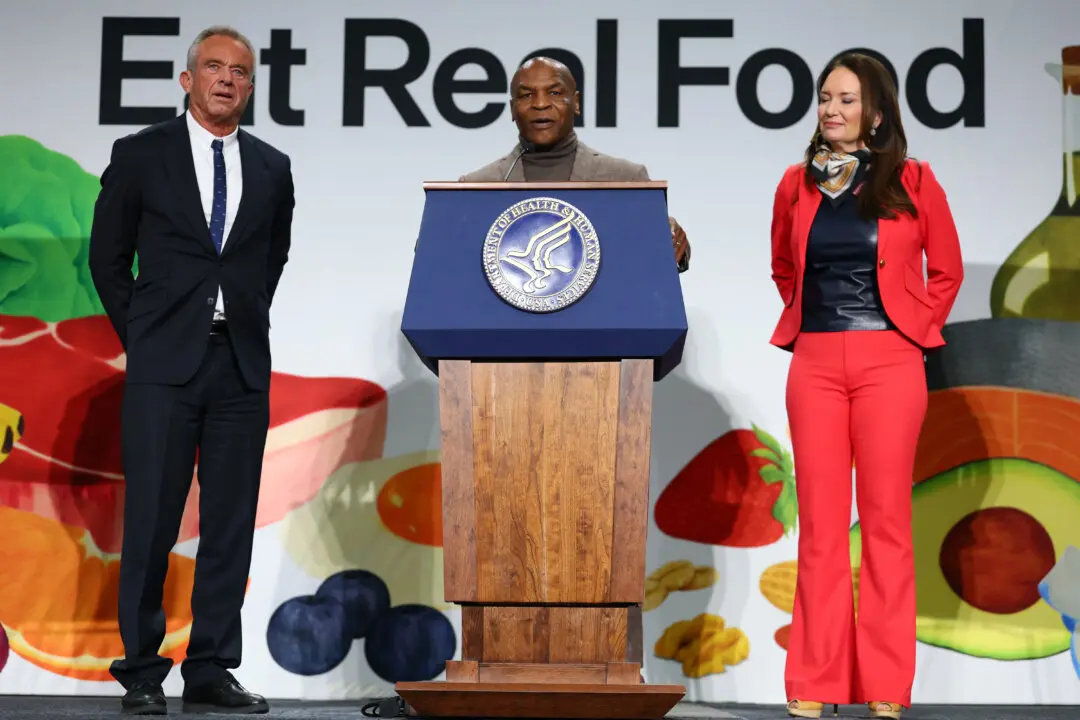Commentary
The hot grease splattered far, wide, and high as the ball-shaped beef roast hit the ground, falling from a hot oven from eight feet high. It seemed nearly impossible to balance a large fork in one hand and an aluminum platter in the other while on a ladder to reach the highest commercial oven in the stack. But I had seen it done. So I attempted it without success.





